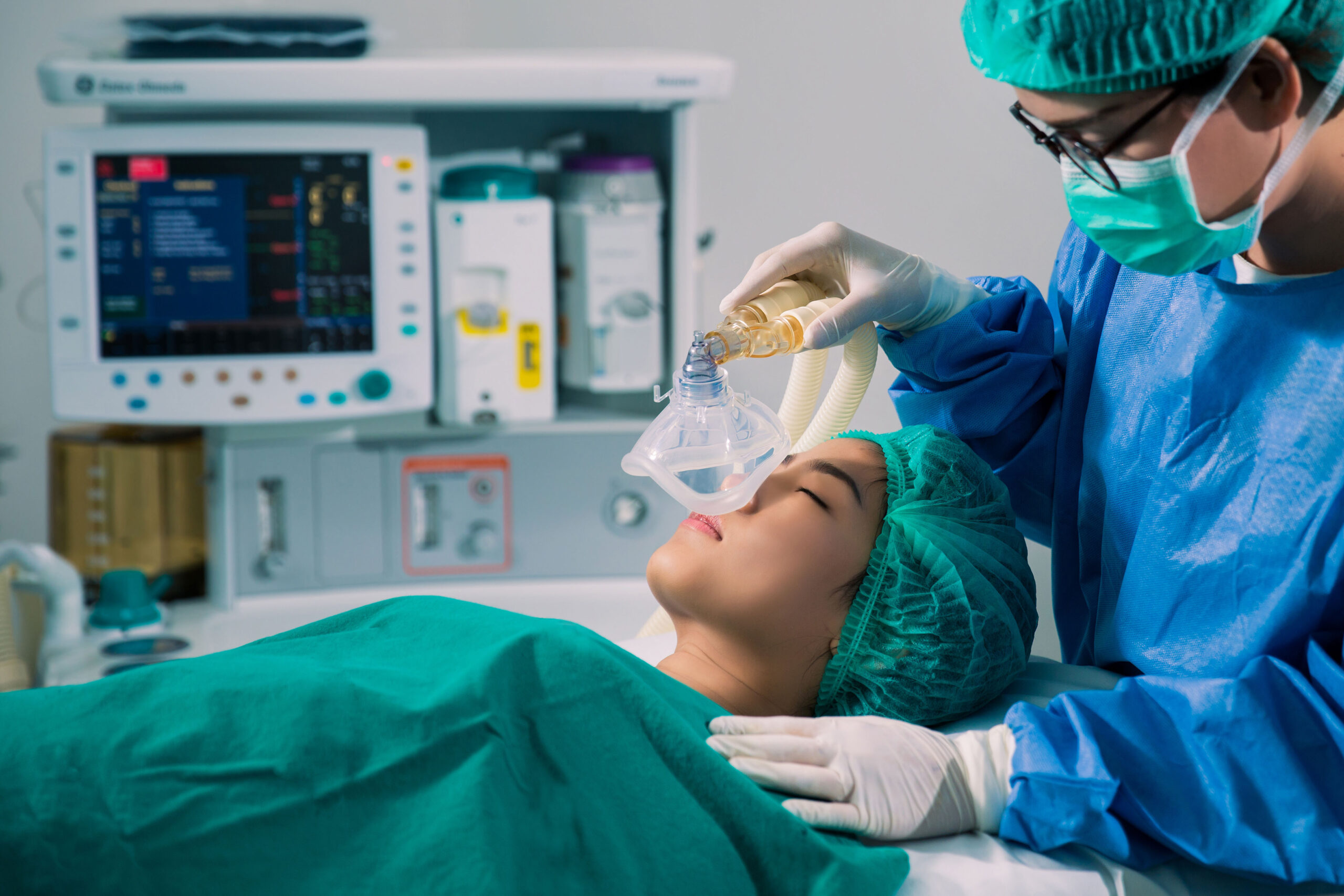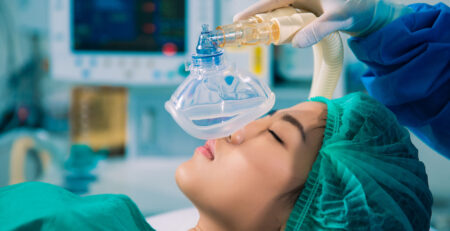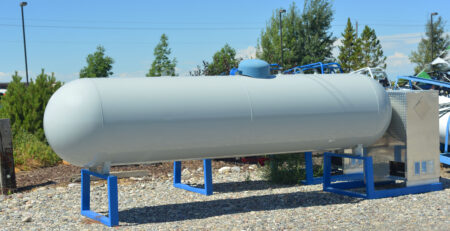The Importance of Hiring a Professional for Medical Gas Installation
Medical gases are indispensable in the healthcare sector, providing essential support in various medical situations. These gases include oxygen, nitrogen, nitrous oxide, carbon dioxide, and medical air, each serving specific medical purposes. For example, oxygen is vital for respiratory treatment, while nitrous oxide is commonly used for anesthesia. Each gas must be delivered at precise pressures and concentrations, necessitating robust, well-designed systems. Professional installation ensures that gases are stored, transported, and delivered safely and accurately to the point of use.
The components of a medical gas system are interconnected and must be precisely installed to function correctly. Key components include the gas sources, piping, flowmeters, outlets, manifolds, and alarms. Piping systems must be meticulously designed to prevent leaks and cross-contamination between gases. Outlets and manifolds need precise placement to facilitate access at critical points in healthcare settings. Additionally, alarm systems are crucial for monitoring the gas supply and alerting staff to any malfunctions or shortages.
The installation of medical gas systems is guided by strict regulations and standards to ensure safety and efficiency. These standards are set by governing bodies such as the National Fire Protection Association (NFPA), the American Society of Safety Engineers (ASSE), and the International Organization for Standardization (ISO). Compliance with these standards is non-negotiable, as failure to adhere could lead to catastrophic outcomes. Professional installers, such as those certified as ASSE 6010, are trained in these regulations and standards, ensuring every installation meets the necessary legal and safety requirements. Their expertise guarantees that systems not only comply with current standards but are also adaptable to future regulatory changes.
Medical gases have numerous applications across various healthcare settings, from hospitals to clinics. In operating rooms, gases like nitrous oxide are used for anesthesia, while surgical environments require high flows of oxygen during procedures. In intensive care units, medical air and oxygen support life for patients with respiratory failure. These gases also serve roles in diagnostic procedures and sterilization processes. The dependability of gas delivery in these applications hinges on the quality of the installation, which professionals ensure by tailoring systems to specific healthcare needs.
Designing a medical gas system requires a deep understanding of healthcare facility requirements and constraints. Professional installers assess the unique needs of each facility, such as the number of patients served and types of procedures conducted. They develop designs that incorporate the latest technology and adhere to all relevant codes and standards. Professionals also anticipate future expansions or modifications, designing systems that offer scalability and flexibility. Their expertise not only optimizes current operations but also future-proofs the facility against evolving healthcare demands and technologies.
Technical Proficiency and Experience
Technical proficiency and proper certification are prerequisites for anyone involved in medical gas installation. Installers must have a strong foundation in mechanical engineering principles and the ability to interpret complex technical drawings. Certification, such as ASSE 6010, is critical, as it signifies expertise in both installation techniques and regulatory adherence. Professionals undergo rigorous training to acquire these certifications, ensuring they remain current with the latest industry developments. Their technical skills and certification credibility significantly enhance the quality and safety of medical gas installations.
Experience plays a significant role in ensuring successful outcomes in complex and large-scale installations. Professionals with extensive experience in the field bring a wealth of knowledge that allows them to anticipate potential challenges ahead of time. This foresight enables them to implement preventative measures, thereby avoiding costly delays and ensuring timely project completion. Experienced installers can also adapt to varying facility needs and constraints, offering creative and practical solutions to challenges. Their proven track record instills confidence in healthcare facilities, ensuring that each installation is conducted to the highest standards.
Practical problem-solving abilities are a hallmark of professional installers. These experts demonstrate exceptional critical thinking, allowing them to navigate and resolve unforeseen issues that arise during installations. For instance, they may encounter unexpected spatial constraints or discrepancies in existing infrastructure. Professionals quickly diagnose such challenges and develop effective, efficient solutions while minimizing disruptions. Their ability to troubleshoot seamlessly during installations ensures systems are installed without compromising safety or functionality.
Continuous training and education are essential components of maintaining expertise in medical gas installations. Industry standards and technological advancements require professionals to update their knowledge and skills frequently. This ongoing training encompasses new installation techniques, emerging technologies, and evolving regulatory requirements. Professional installers committed to continuous learning remain at the forefront of the industry, offering cutting-edge solutions to their clients. Their dedication to education not only enhances their capability but also ensures their work consistently meets and exceeds industry standards.
Case studies of successful installations underscore the value professionals bring to medical gas systems. These documented examples highlight the efficacy of hiring certified experts in ensuring optimal system performance and compliance. They showcase how skilled professionals adeptly navigate complex installations, overcoming significant obstacles and achieving project goals. Each case study reinforces the notion that experience and expertise significantly influence the quality and safety of medical gas installations. For healthcare facilities, such success stories offer reassurance that their systems will operate reliably over the long term.
Financial Implications and Cost-Effectiveness
Investing in professional medical gas installation may entail higher initial costs, but it often results in substantial long-term savings. Expert installations minimize operational disruptions, preventing costly repairs and system downtimes. Well-installed systems are more efficient, reducing wasted resources and enhancing energy savings over time. Additionally, proper installation leads to a longer system lifespan, deferring replacement costs. By considering the long-term benefits, healthcare facilities can make informed financial decisions that maximize value from their initial investment.
Hiring professionals helps healthcare facilities avoid expensive mistakes during installation. Errors such as improper connection, incompatible components, or oversight in compliance can result in major financial and operational setbacks. Professionals possess the skills and knowledge to perform installations with precision, reducing the risk of such costly errors. Their experience and expertise ensure that each aspect of the system adheres to stringent quality standards. By circumventing these potential pitfalls, facilities save money and maintain efficient, uninterrupted operations.
Professional installation significantly influences the performance and longevity of medical gas systems. Well-installed systems experience fewer breakdowns and require less maintenance, improving overall facility operations. High-quality installations also support consistent gas delivery and efficiency, directly impacting patient care and satisfaction. Professionals ensure systems are set up to handle peak demands, enhancing reliability during critical periods. Over the long run, these benefits translate into cost savings and optimal use of facility resources.
Healthcare facilities must navigate various financial considerations when choosing installation services. Professional installers offer invaluable insights into potential costs and benefits, helping facilities make data-driven decisions. They provide clear assessments of project costs, outlining necessary resources and timeline expectations. Facilities can then weigh the initial expenses against anticipated long-term savings and operational efficiency. Making informed decisions, with an eye on long-term strategic goals, boosts the facility’s financial well-being and ensures effective resource allocation.
Professional installation can significantly affect a facility’s insurance premiums and liability exposure. Insurers view professionally-installed systems as less risky, often resulting in lower premiums and greater coverage options. Professional installers ensure compliance with legal and safety standards, minimizing the facility’ risk of litigation and liability. This compliance not only protects the facility from potential legal issues but also reinforces its reputation for safety and quality. Understanding these insurance and liability implications helps facilities make prudent choices regarding their medical gas installation partners.
Hiring a professional for medical gas installation is critical in maintaining safety, efficiency, and compliance in healthcare facilities. According to Tri-Tech Medical Inc., professionally installed systems significantly reduce hazards while ensuring optimal performance. Professionals provide technical expertise, regulatory adherence, and forward-thinking solutions, guaranteeing reliable system operation and long-term cost-effectiveness. For healthcare providers seeking dependable medical gas systems, Reliance Propane & Fuel Oil offers expert installation and ongoing support, ensuring facilities operate safely while delivering the highest standard of patient care.





